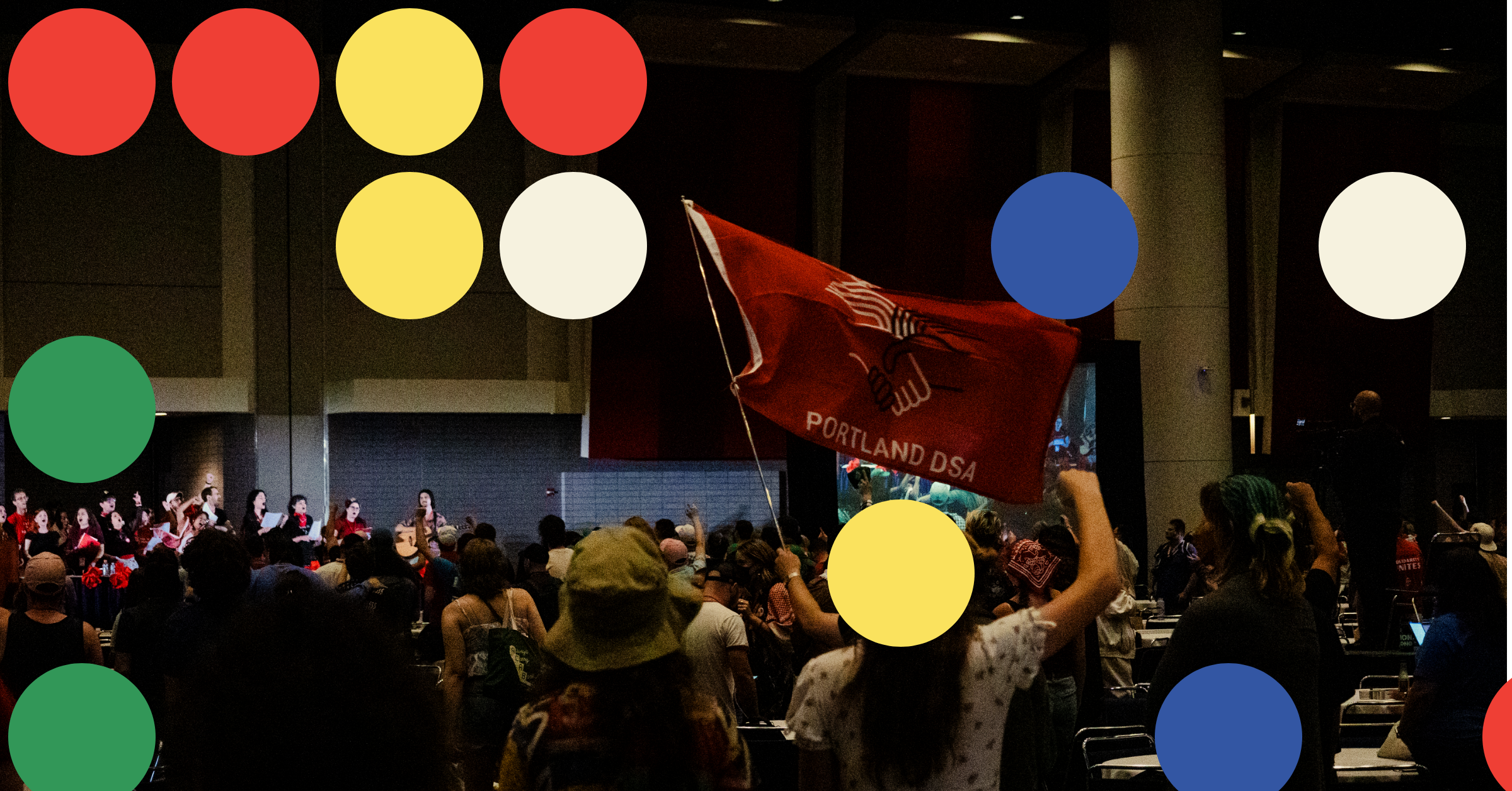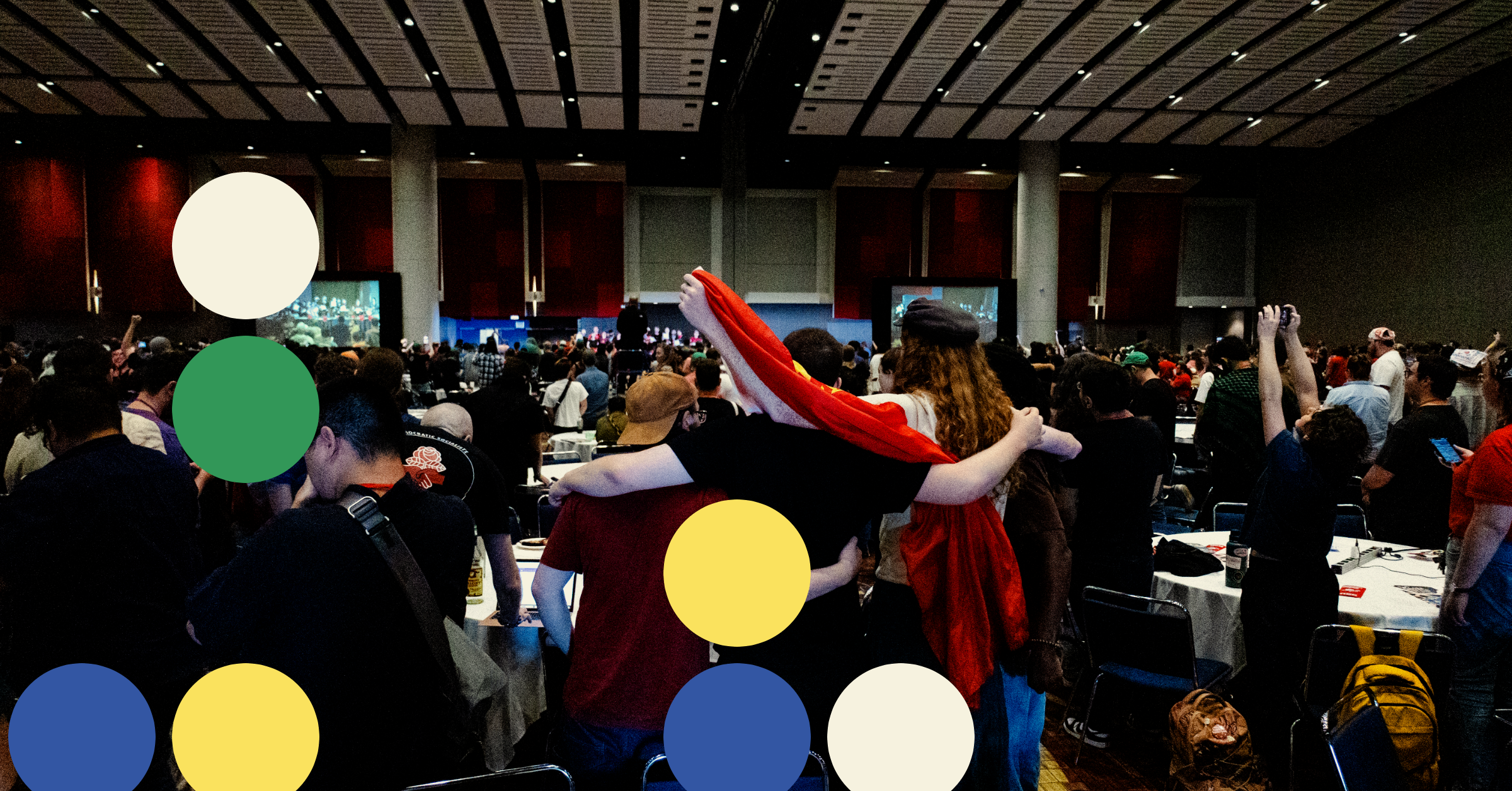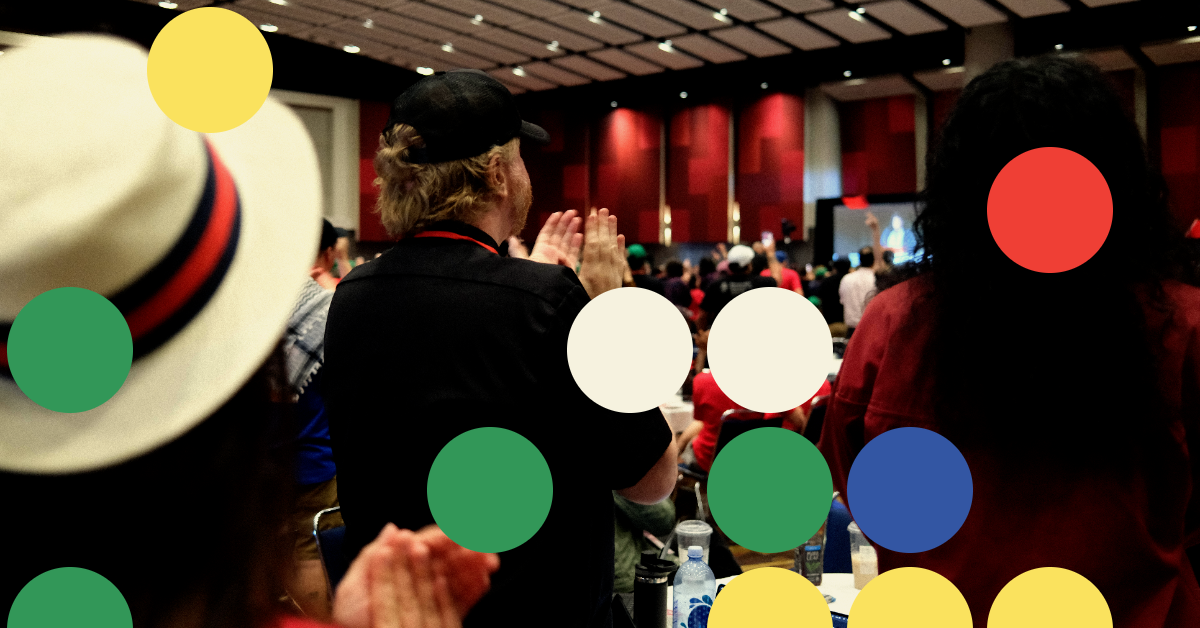Since last summer, DSA members may have noticed that Democratic Left — the national organization’s official promotional publication — is now just four pages, two sheets front and back. For years and years, it had been a respectable 16 pages, occasionally 20 in the 2000s.
I’ve written for the print magazine and helped edit articles for Democratic Left’s online blog. Our publication keeps members apprised of our organizing — electoral victories, campaign successes, and the gatherings at which our members plan how to build the socialist movement. Most of these members aren’t as involved as those of us reading this article — Democratic Left also reaches the tens of thousands of paper members who aren’t active right now, especially longtime members.
Democratic Left was shrunk due to budget constraints in light of membership numbers contracting. Several comrades and I have now written a resolution to expand Democratic Left to its previous length. You can read our proposal, “For a Political, Prolific and Democratic DSA Editorial Board” — which the Bread & Roses caucus is supporting at the upcoming Convention — in the first Convention compendium. With this and the other proposals in the resolution, we aim to energize DSA’s publications and draw in more readers and writers as socialist thinkers.
What’s in a Paper?
Right now, DSA has two national publications: Democratic Left and Socialist Forum.
Democratic Left is meant for updating and engaging members and for displaying and handing out while tabling. Accordingly, it features brief responses to topical news, book reviews, and stories about chapter organizing.
Socialist Forum, founded in 2018, is an online journal, running longer articles on theory and strategy. It also accepts responses to its pieces from readers.
But there’s a missing third type of writing that is absolutely vital: members debating each other about how we should organize. Chapters across the country look to each other as examples for which campaigns to undertake. But there is no formal venue for discussing the merits of various priorities or how to undertake them, even though these are often the immediate practical questions that members face in general meetings and committees. It’s unfortunate that there’s no DSA publication where members can write “I think we should do X because Y and Z” and someone can respond with “No, we should do A because B and C.”
Sometimes this role is filled by left-wing magazines, like Jacobin, Dissent, and In These Times. But those outlets are aimed at a broader audience and don’t often deal with nitty-gritty organizational details. Democratic Left and Socialist Forum are by DSA members, for DSA members.
And — let’s be honest — most of this kind of discussion goes on online. How many important back-and-forths have been constrained by 140 characters? How many productive disagreements became inflammatory because of the dopamine rush of “likes”? How many good ideas have you had that came from someone else’s social media post?
The Metro DC DSA chapter has “member statements,” the Detroit Socialist includes debate, and Chicago DSA’s Midwest Socialist regularly features members arguing for their opinions. I’m sure there are many more! That chapters have naturally arrived at the need to sponsor debate and disagreement speaks to the importance of this type of writing in a political organization.
That’s why our resolution allows for the publication of articles that make political arguments in DSA’s publications. We were inspired by YDSA’s publication, The Activist. Each year, The Activist solicits articles arguing for and against resolutions that will be voted on at the YDSA Convention (and it should be noted that, this year, Socialist Forum will feature debate about the DSA Convention, to the editors’ credit). As a result, YDSA members show up referencing the articles their peers have written and are ready to respond. YDSA members understand that The Activist publishes individual opinions and they don’t balk at things they disagree with. Instead, they write articles representing their own points of view in response, all of which has helped foster a democratic political culture.
We don’t necessarily have to deliver in-depth debate to people’s doorsteps. But pro and con articles on a blog should be perfectly acceptable, and can raise our members’ level of political development. We’re missing out on a crucial venue for democracy if we don’t feature members’ input in national publications.
Why Writing Matters
There’s the stereotype of a leftist of one stripe or another chasing you with their paper or hawking their zine. But the history of socialism is, in one sense, the spread of ideas via the written word. Before socialists won freedoms of speech and assembly from their undemocratic governments, pamphlets were a way for activists to chart a course for their movement underground.
Where socialists came to power, they implemented literacy campaigns and public education. Why? Because workers must educate each other as a class in order to govern society. And every day, thousands of DSA members are faced with very practical and immediate political questions in their cities, unions, and chapters.
How can DSA best support UPS Teamsters if they strike? How can members fight back against the attacks on public schools and the assaults on the rights of trans people? How do we build power alongside our elected officials?
In order to run our own organization, DSA members need to let each other know what we think.
Another change our resolution makes is requiring the newly elected National Political Committee to choose an Editorial Board of nine editors after each convention. This would increase the number of people actually editing articles for DSA’s publications, give them more legitimacy, and ideally connect them more to the democratically-decided direction of our organization.
Writing (and being carefully edited!) promotes more moderation and precision than social media or in-person deliberation. It also keeps debates more political, instead of interpersonal. You can’t put words in someone’s mouth if they’re on paper. And even two-minute speeches can lead to a brow-beating and hammer-the-point-home style.
There is a lot of writing by DSA members out there, to be sure. On Medium pages, at projects like Cosmonaut, and in caucus publications like this one. But this arrangement can be confusing and disorienting for newer members trying to figure out how they think we can win socialism. We should centralize this knowledge and encourage everyone to write for DSA’s publications, because we’re all DSA members. If this resolution passes, all the caucuses should put more effort into ensuring that DSA publications are vibrant sources of socialist strategy, and that goes for Bread & Roses, too!
Vote yes for a political, prolific and democratic Editorial Board at the 2023 DSA Convention!




